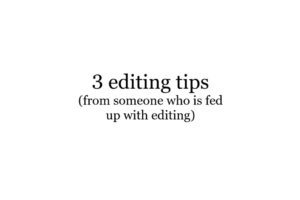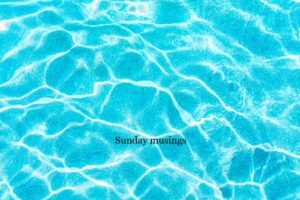The Chrysalids by John Wyndham
It’s a futuristic, post-apocalyptic world, and the high nuclear levels on earth have had catastrophic affects on its inhabitants by deforming them in a multitude of ways. David and his family live in rural Labrador and, like many others across the globe, are hell bent on keeping their community as pure as God and the Bible intended. They aggressively shun any person, animal or plant with visible deviations from God’s initial creation or ‘true image’. It’s a scary time to be different, and ritual prayers and burnings take place almost daily in an attempt to rid the world of deformed crops, cattle and children.
But David has a secret. He can talk to others by projecting images, emotions and memories with his mind, a form of communication much more sophisticated than speaking with one’s mouth. There are few people like him across Labrador that can receive these internal messages, and although it isn’t a typical visible deviation, they all know not to discuss it with their violently religious family and friends. After all, one of the most common punishments is to be banished from the town and forced to live among the other mutants in a wilderness well known for its dangerous unpredictability.
Yet it grows harder and harder to keep this secret from being revealed, and when David discovers his sister Petra’s strong and almost uncontrollable telepathic ability, he knows that they don’t have much time before their true selves are involuntarily revealed. They must escape – but to where?
Although this may seem a little over the top to write, I found The Chrysalids to be utterly compelling from beginning to end and not a chapter passed where I wasn’t completely enthralled by Wyndham’s words. The more I read the more I felt invested in the ridiculousness of the politics and rituals, to the point where I completely stopped noticing its relation to reality. I was so focused on my sympathy for the freaks and the weirdos that I didn’t register the similarities between myself and some of the other characters.
The hostile bouts of fear and defensiveness shown by the religious characters in the book are very relateable traits, and reading about it reminded me of the somewhat aggressive thoughts that have processed through my own mind regarding those who are unlike myself. Whether about celebrities, complete strangers or even family members, we all think these negative and almost suspicious thoughts about others, but why are humans so naturally against change and diversity? Why do we need to feel so in sync, why can’t we just accept that some of us are different?
Wyndham reiterates time and time again within this novel that to live is to change, and anything that is alive will have to mutate and deviate from normalcy in order to stay that way. Instead of being petrified of a brave new world we need to embrace it, and this is a sentiment that I strongly believe needs to be felt more in our society rather than how petrifying everything can be.
Because if one follows the doctrine ‘thus far, and no farther’, then one will inevitably ‘strangle the life out of Life’.




Leave a Reply